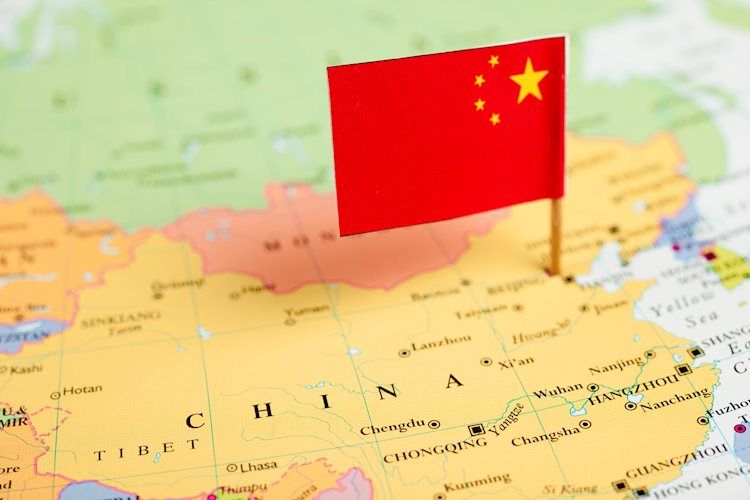China’s National Development and Reform Commission (NDRC), the state planner, announced on Wednesday that it is formulating plans to boost the recovery and expansion of consumption in the country. This comes as the Chinese economy experiences a slowdown, which some experts believe is due to a trade war with the United States.
The Chinese economy has been gradually opening up, allowing for increased foreign direct investment and infrastructure development. The government is now looking to expand consumption in key areas to further support the nation’s economic growth.
According to the NDRC, the focus of the recovery and expansion of consumption plan is primarily on key areas such as stabilizing big-ticket consumption, enhancing service consumption, and expanding rural consumption. The commission is currently working on drafting documents for these plans.
One of the significant aspects of supporting consumption is stabilizing automobile consumption. The NDRC aims to achieve this by promoting new energy vehicles to rural areas. This is particularly important as China has been pushing for a transition to electric vehicles in recent years, aiming to become a world leader in the sector.
Expanding rural consumption is another crucial area of focus for the Chinese government. The rural population has long been a much-neglected market, which leaves tremendous potential for growth. The NDRC plans to support rural consumers by encouraging consumption of home appliances, promoting e-commerce, developing rural infrastructure, and improving the overall quality of life for rural residents.
Enhancing service consumption is also an essential aspect of the plan. Services are essential for the transition from a manufacturing-driven economy to a consumption-driven one. To achieve this, the government must focus on developing high-quality services in various sectors, including finance, education, healthcare, and travel. This development will encourage consumer spending and help the economy grow.
The Chinese authorities have also been looking to ease restrictions on foreign investment, particularly in the areas of financial services, telecommunications, and automobiles. These steps are expected to aid the expansion of consumption by attracting more foreign investors and businesses, which will create jobs, contribute to economic growth and ultimately increase overall consumer spending.
Some of the measures already implemented to boost consumption include tax breaks for consumers, subsidies for new energy vehicles, and the slashing of import tariffs on a wide range of consumer goods. The government’s proactive approach to encouraging consumption has helped to mitigate the effects of the economic slowdown. However, the ongoing trade war and the effects of the pandemic have continued to challenge the economy.
The upcoming plans for recovery and expansion of consumption are expected to bring about stronger and more resilient growth for the Chinese economy. This will not only benefit domestic industries and consumers but also create opportunities for foreign businesses seeking to invest or expand their operations in the country.
In conclusion, the Chinese government is taking active steps to boost consumption and further support the nation’s economic growth. The focus on key areas such as stabilizing big-ticket consumption, enhancing service consumption, and expanding rural consumption is crucial in achieving this goal. The promotion of new energy vehicles, improvement of rural infrastructure, and development of high-quality services will create more opportunities for consumer spending and drive the economy forward.
The Chinese government’s commitment to supporting consumption and promoting development suggests a positive outlook for the nation’s economic future. This is especially important in light of current geopolitical tensions and worldwide economic challenges. With the right strategies in place, China can continue to grow and adapt in this ever-changing global economy.


